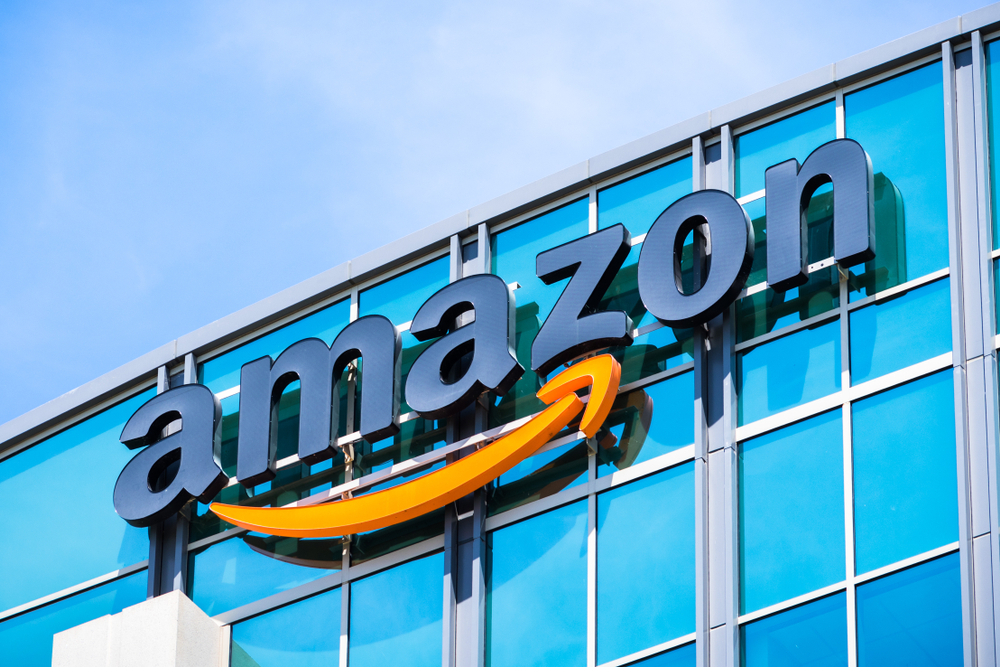A few weeks ago, a group of friends and I had dinner in New York City with an A-list movie star and his family.
I’ll avoid name-dropping to protect the innocent: the celebrity’s daughter, a law school student and avowed Marxist.
During the meal, she called out my friend, Whole Foods founder John Mackey – who was at the table – as “a monopolist.”
“Whole Foods is a monopoly?” John smiled. “We have less than 3% of the national grocery market.”
“I mean,” she pressed, “that Whole Foods has a monopoly on organic and other health foods.”
“Walmart sells more health food than we do,” John replied.
“With all due respect,” she said, not the least bit chastened by her ignorance of the facts, “I don’t believe you and I are using the term monopolist the same way.”
“I’m using it the way it’s defined in the dictionary,” John said. “How are you using it?”
Her arguments went further south from there.
During the conversation, however, we learned the real reason she viewed John as a “monopolist.”
A successful entrepreneur, he had made millions for himself and other Whole Foods shareholders before the company was eventually bought by Amazon (Nasdaq: AMZN).
Apparently, starting a single store and growing it into what Fortune magazine calls the “world’s most admired grocery” is not nearly as ethical as making millions of dollars pretending to be other people… like her father does.
I was reminded of this odd conversation after reading about the Biden administration suit against Amazon for its monopolistic behavior.
According to a U.S. Federal Trade Commission (FTC) lawsuit filed in September in Seattle, Washington, the online retailer keeps prices artificially high, locks sellers into its platform and harms rivals.
None of this is true. But the agency’s chair, Lina Khan, is a longtime critic of the company.
As a law student in 2017, she even wrote an article in The Yale Law Journal titled “Amazon’s Antitrust Paradox.”
Her conclusion? Amazon is a monopoly that must be broken up.
Hmmm. Who knew that so few law schools have dictionaries.
To be a monopoly, a business must have exclusive control of a particular product or service – like a government-chartered utility does – making it possible to control prices and potentially harm customers.
Amazon has a 6% share of national retail sales and a 38% share of online sales. It is not a monopoly.
There is nothing you can buy on Amazon that you can’t buy elsewhere.
Yet – having lost earlier antitrust cases against Microsoft (Nasdaq: MSFT) and Meta Platforms (Nasdaq: META) – Lina Khan and her agency are dragging yet another iconic American company through court.
How does the FTC argue that Amazon – arguably the nation’s most customer-centric company – is a monopoly?
By using the tired trick of inventing a new category: online superstore.
The problem for Ms. Khan and the Biden administration is that online superstores have competition… and plenty of it.
Consumers can easily compare Amazon’s prices with brick-and-mortar stores as well as other online retailers.
That means the company can’t charge a penny more than customers are willing to pay.
As a longtime, satisfied Amazon Prime member myself, I occasionally check the prices of products elsewhere.
But 9 times out of 10, the company’s sheer convenience, reliability and quick delivery cause me to “one-click” and get on with my day.
Apparently, millions of Amazon customers feel the same way. Maybe that’s how you become an online superstore in the first place.
However, many Americans are more price sensitive.
An HRC Retail Advisory survey found that 59% of in-store shoppers use smartphones to compare prices or search for deals.
And online shoppers can compare prices in an instant. So what, exactly, is the Biden administration protecting us from?
As the government’s arguments floundered in court, the FTC tried a new tack, charging that Amazon used software to test if price hikes would stick.
News flash: There isn’t a company in the nation that doesn’t do this.
Firms exist to maximize profits. And the only way a business can discover the “right price” is to test and see what customers will pay… and what they won’t.
Ironically, the fact that Amazon had to “test” its prices proves that it is no monopolist.
The FTC further charged that Amazon “is suppressing price competition by disciplining rival retailers who dare to discount.”
Not so. What Amazon does is prohibit third-party sellers on its platform from offering lower prices on other websites.
It does this so that Amazon customers are always offered the best price.
If a third-party seller wants to charge lower prices elsewhere, it can. It just can’t simultaneously use Amazon’s platform to charge higher ones.
No one forces these sellers to use Amazon, incidentally.
They voluntarily choose to use the company’s platform because it increases their sales.
Making the FTC’s claim stranger still, Amazon earns a “referral fee” based on the price of merchandise sold.
In other words, if these sellers charged higher prices, Amazon would earn more.
Only in the FTC’s warped view of commerce is looking out for your customers’ best interests an example of wrongdoing.
David Zapolsky, Amazon’s general counsel and head of public policy, says the FTC is “wrong on the facts and the law.”
That’s putting it mildly.
In July, Forbes magazine asked 1,000 U.S. customers, “What are your favorite brands to do business with?”
The No. 1 choice? Amazon.
The Biden administration is suing the firm for what amounts to low prices and fast service.
The real sin, of course – whether you’re a naïve young Marxist or Lina Khan – is making a lot of money.
